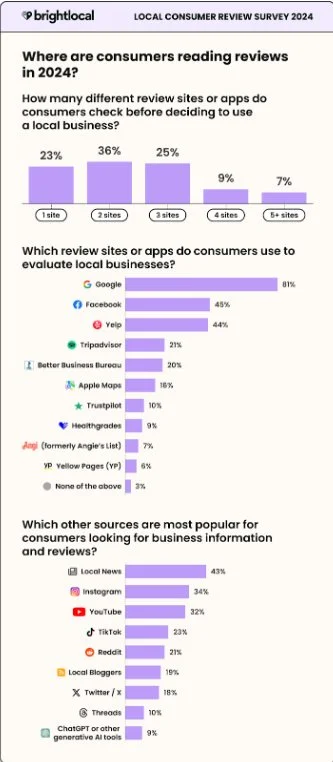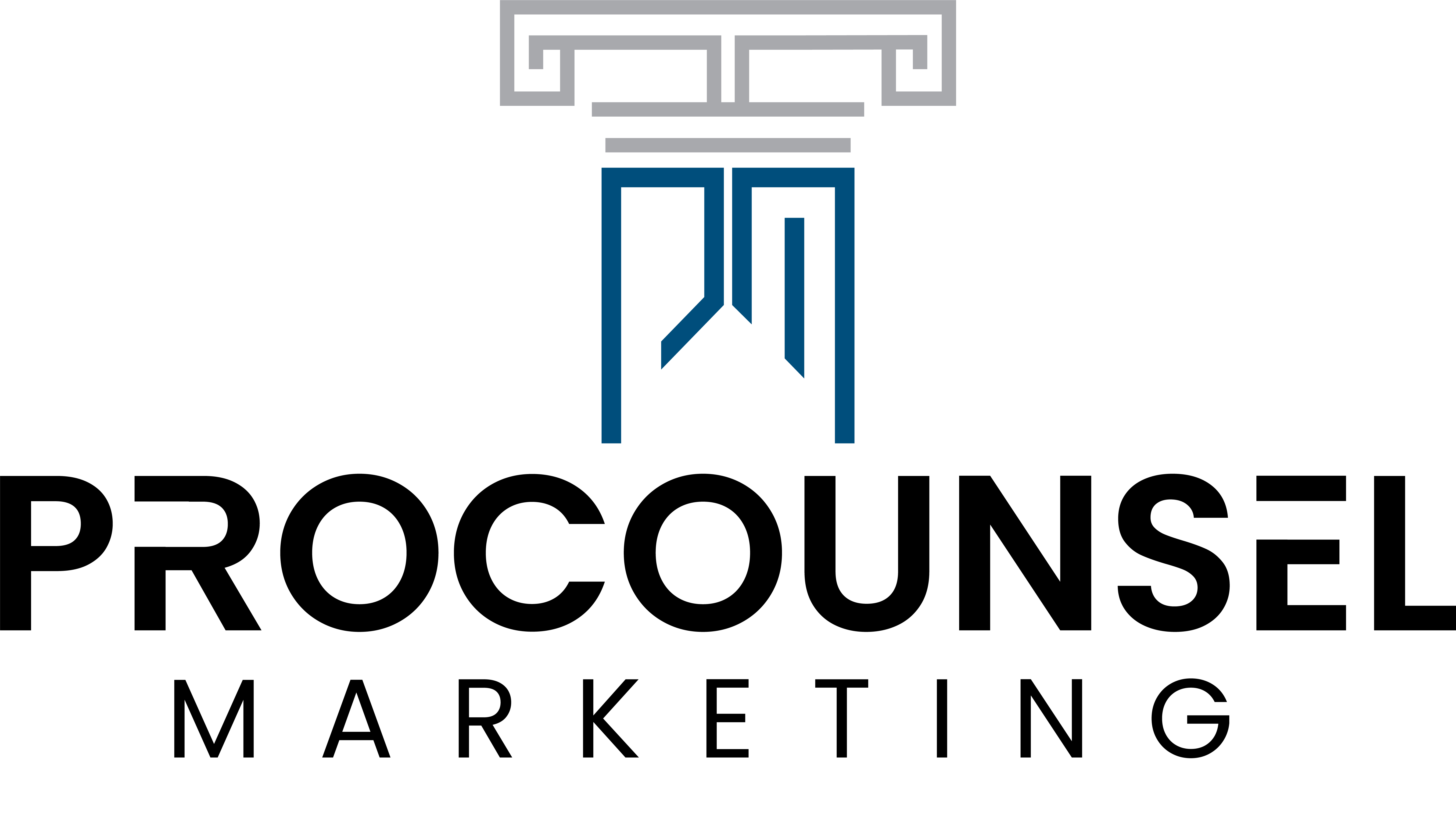The importance of having a good SEO strategy is crucial for any business, that goes for SEO For Estate Planning Lawyers Effective Search Engine Optimization (SEO) can help your firm attract more clients and establish itself as a leader in the field.
The Importance of Long-Tail Keywords
Google is in the answer business. That is why it has become a verb in our society, “Google It”. It is Google’s job to provide you with the best answers within your geographical area. So short-tail keywords like “estate planning attorney” are highly competitive, and long-tail keywords can be more effective for driving targeted traffic. Long-tail keywords are more specific phrases that users search for, such as “estate planning for seniors with special needs” or “probate attorney in [your city].”
Everyone searches differently, I personally use the city name. Such as “Estate Planning Attorney Jacksonville Fl”. I have watched others type in anything from zip codes, and area codes, or put in a general inquiry about Estate Planning Attorneys.
Benefits of using long-tail keywords:
- Lower competition: Long-tail keywords often have less competition, making it easier to rank for them.
- Higher conversion rates: Users searching for long-tail keywords are typically more qualified leads.
- Improved user experience: Long-tail keywords help you create more relevant and informative content that better addresses your target audience’s needs.
Here are some effective tools for finding long-tail keywords:
Paid Tools:
- Ahrefs: Offers a comprehensive suite of SEO tools, including Keyword Explorer, which can generate long-tail keyword ideas based on your seed keywords.
- SEMrush: Provides in-depth keyword research, competitor analysis, and backlink tracking.
- Moz Keyword Explorer: Offers a user-friendly interface for finding long-tail keywords and analyzing keyword difficulty.
- KWFinder: A cost-effective tool that provides keyword suggestions, search volume data, and competition analysis.
Free Tools:
- Google Keyword Planner: While primarily designed for advertisers, it can be a valuable tool for finding long-tail keywords.
- Google Search Console: Provides insights into the keywords people are searching for to find your website.
- AnswerThePublic: Generates a visual representation of common questions and search terms related to your seed keyword.
- Ubersuggest: Offers keyword suggestions, search volume data, and competitor analysis.
Additional Tips for Finding Long-Tail Keywords:
- Use autocomplete suggestions: Type your seed keyword into Google Search and pay attention to the autocomplete suggestions.
- Analyze your competitors: See what keywords your competitors are ranking for and target similar terms.
- Use question-based keywords: People often search for answers to specific questions.
- Consider user intent: Understand what your target audience is looking for when they search for certain keywords.
By utilizing these tools and strategies, you can effectively identify long-tail keywords that can help you attract more targeted traffic to your website.
You can find our blog that provides you with a list of the Top 50 Keywords for Estate Planning SEO.
Optimizing for Local SEO
As an estate planning law firm, local SEO is essential for attracting clients in your area. By optimizing your website and online presence for local search, you can increase your visibility and attract more potential clients.
Key strategies for improving local SEO:
- Claim and optimize your Google My Business profile: Ensure your business information is accurate and up-to-date.
- Build local citations: Create consistent citations across online directories like Yelp, Bing Places, and Yellow Pages.
- Target location-specific keywords: Incorporate your city or region into your keyword strategy.
- Encourage positive client reviews: Positive reviews can significantly boost your local search rankings.
- Partner with local businesses: Collaborate with other local businesses to cross-promote each other.
Here is a link to our free ebook on Google Business Profile Optimization. A study done by BrightLocal found: that 81% of consumers use Google to check online reviews about local businesses (BrightLocal)

Additional Advanced SEO Strategies
Schema markup: Use schema markup to provide search engines with more information about your website’s content, which can improve your rankings.
What is Schema Markup?
Schema markup is a type of code that you can add to your website’s HTML to provide search engines with additional information about your content. This information can help search engines better understand your website’s structure and content, which can lead to improved search engine rankings and more visibility.
Why is Schema Markup Important for Law Firms?
Schema markup can help law firms in several ways:
- Rich Snippets: Schema markup can help your website appear in search results with rich snippets, which are enhanced search results that display additional information, such as star ratings, reviews, or event dates. This can make your website more visually appealing and increase your click-through rate.
- Improved Search Engine Rankings: While there is no direct correlation between schema markup and search engine rankings, it can indirectly help by improving your website’s user experience and click-through rate.
- Enhanced User Experience: Schema markup can provide users with more relevant and useful information, which can improve their overall experience on your website.
Types of Schema Markup for Law Firms
Several types of schema markup are particularly useful for law firms:
- LocalBusiness: This type of schema markup provides information about your law firm’s location, contact information, and hours of operation.
- LegalService: This type of schema markup can be used to specify the type of legal services you offer, such as divorce, child custody, or estate planning.
- Organization: This type of schema markup can be used to provide information about your law firm’s organization, such as its name, address, and contact information.
- Person: This type of schema markup can be used to provide information about your attorneys, such as their names, titles, and areas of practice.
How to Implement Schema Markup
There are several ways to implement schema markup on your website, including:
- Using a schema markup generator: Many online tools can help you generate schema markup code.
- Manually adding schema markup: You can manually add schema markup code to your website’s HTML.
- Using a plugin or theme: If you use a content management system like WordPress, there are plugins available that can help you add schema markup to your website.
Voice search optimization: Optimize your website for voice search queries, as voice search is becoming increasingly popular.
Voice search has become increasingly popular in recent years, with more and more people using their smartphones and smart speakers to ask questions and search for information. For law firms, optimizing for voice search can be a valuable strategy to attract potential clients.
Understanding Voice Search
Voice search queries are typically longer and more conversational than traditional text-based searches. People often use natural language and complete sentences when speaking to their devices.
Why is Voice Search Optimization Important?
- Increased visibility: Optimizing for voice search can help your law firm appear in voice search results, which can lead to more traffic and potential clients.
- Improved user experience: Voice search can make it easier for potential clients to find your firm and get the information they need.
- Competitive advantage: As more people adopt voice search, law firms that are optimized for it will have a competitive advantage.
Tips for Voice Search Optimization
- Use natural language: When creating content, use language that is conversational and easy to understand.
- Target long-tail keywords: Long-tail keywords are more specific and often used in voice searches.
- Optimize for FAQs: Create content that answers common questions related to your law firm and practice areas.
- Use schema markup: Schema markup can help search engines understand your website’s content better and improve your visibility in voice search results.
- Ensure your website is mobile-friendly: Voice search is often used on mobile devices, so it’s essential to have a mobile-friendly website.
Example of a voice search query: “What is the best divorce attorney in Jacksonville, Florida?”
Mobile optimization: Ensure your website is mobile-friendly, as more and more people use mobile devices to search for information.
Mobile Optimization: A Crucial Aspect of Law Firm SEO
Mobile devices have become the primary way people access the internet. Google has recognized this trend and now prioritizes mobile-friendly websites in search rankings. This means that if your law firm’s website is not optimized for mobile devices, you could be missing out on potential clients.
Benefits of Mobile Optimization
- Improved search engine rankings: Google has adopted a mobile-first indexing approach, meaning it prioritizes websites that are optimized for mobile devices.
- Enhanced user experience: Mobile-friendly websites are easier to navigate and load faster on smaller screens, providing a better user experience for your clients.
- Increased conversions: Visitors are more likely to convert (e.g., contact your firm, or schedule a consultation) on a mobile-friendly website.
- Boosted local SEO: Mobile optimization is essential for local SEO, as many people use their smartphones to search for businesses near them.
Key Elements of Mobile Optimization
- Responsive design: Your website should automatically adjust to different screen sizes, ensuring a seamless experience on all devices.
- Fast page load times: Optimize your website’s speed to reduce bounce rates and improve user satisfaction.
- Touch-friendly elements: Ensure buttons, links, and other interactive elements are easy to tap on mobile devices.
- Simplified navigation: Keep your website’s navigation clear and concise for easy mobile browsing.
- Mobile-specific content: Consider creating content specifically tailored for mobile users, such as shorter blog posts or videos.
Tools for Testing Mobile Friendliness
- Google PageSpeed Insights: Analyze your website’s page speed and get recommendations for improvement.
- GTMetrix– Test your website speed GTmetrix tells you how your website performs, why it’s slow, and how to optimize it.
- Browser Developer Tools: Use your browser’s developer tools to test how your website looks and functions on different screen sizes.
Technical SEO: Address technical issues that can negatively impact your website’s performance, such as slow loading times and broken links. Technical SEO refers to the behind-the-scenes optimizations that make your website more search engine-friendly. It’s a crucial aspect of SEO that can significantly impact your website’s visibility and ranking.
Key Technical SEO Factors:
- Website Speed: Slow-loading websites can negatively impact user experience and search engine rankings. Optimize your website’s speed by compressing images, minifying code, and leveraging browser caching.
- Mobile-Friendliness: As Google prioritizes mobile-first indexing, ensure your website is fully responsive and optimized for mobile devices.
- Site Structure: A well-organized site structure with clear navigation helps search engines crawl and index your content efficiently.
- XML Sitemap: Create an XML sitemap to provide search engines with a map of your website’s content.
- Robots.txt File: Use a robots.txt file to instruct search engines which pages to crawl and which to avoid.
- HTTPS: Implement HTTPS to secure your website and improve user trust.
- URL Structure: Use clean and descriptive URLs that include relevant keywords.
- Image Optimization: Optimize images with descriptive alt text and appropriate file sizes to improve page load speed.
- Canonicalization: Specify the preferred version of a page to avoid duplicate content issues.
- Technical SEO Audits: Regularly audit your website for technical issues and errors using tools like Google Search Console and SEMrush.
Benefits of Technical SEO
- Improved search engine rankings: A technically sound website is more likely to rank higher in search results.
- Enhanced user experience: A fast and well-structured website provides a better user experience, leading to increased engagement and conversions.
- Higher conversion rates: Technical SEO can improve your website’s overall performance and make it easier for visitors to find what they need.
These are some of the more advanced SEO strategies we perform every day. By utilizing the guide above, you should see significant changes in how search engines view your website. Would you like to discuss how ProCounsel Marketing can help you implement these strategies? Contact us today here.


